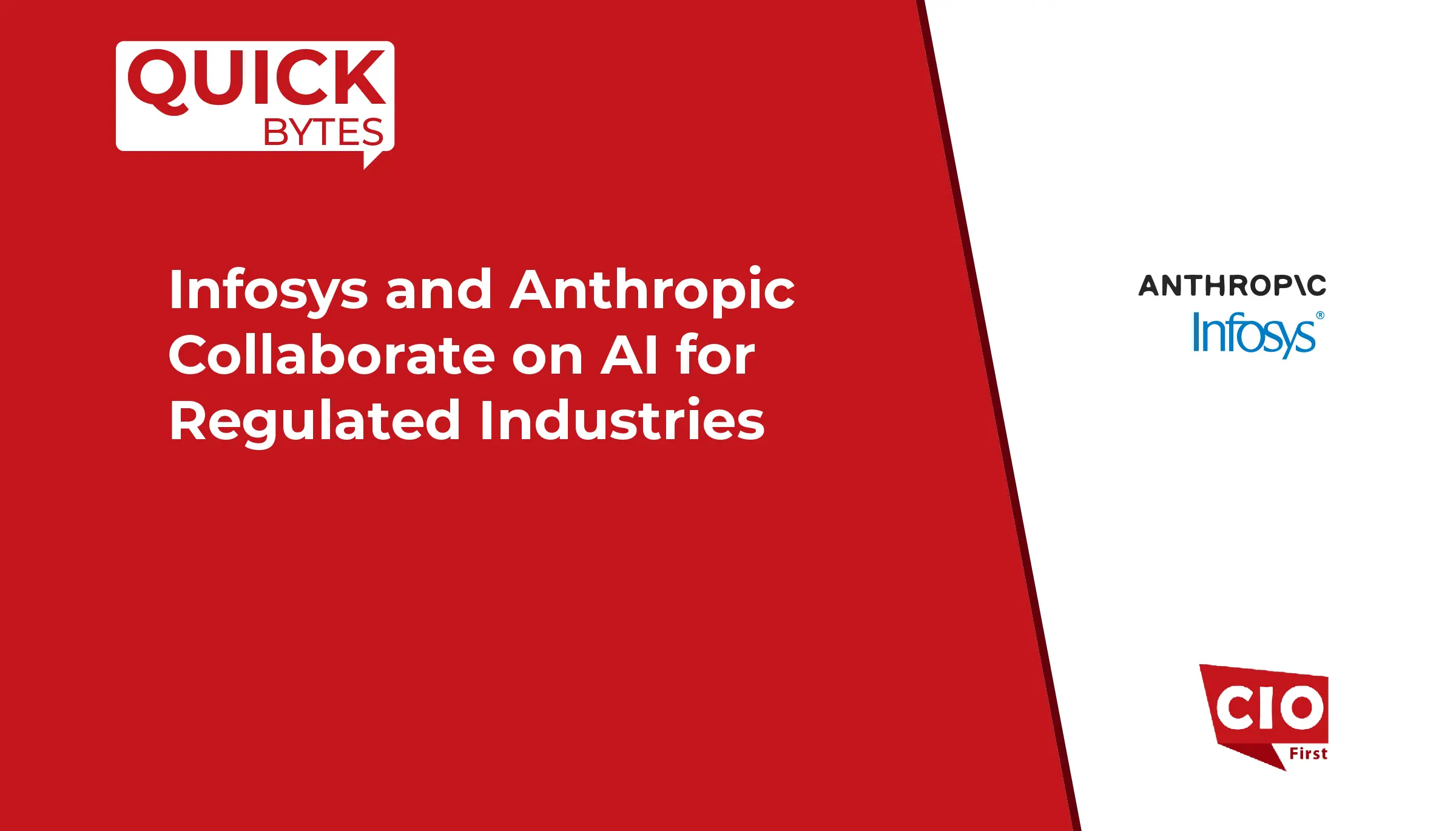Applitools, the industry leader in AI-powered end-to-end testing, announced the latest update of the Applitools Intelligent Testing Platform: Autonomous 2.0. This cutting-edge solution enables QA teams, manual testers, product owners and designers to achieve unparalleled efficiency and reliability in the testing processes with the most flexible authoring experience ranging from fully autonomous to AI-assisted to no-code recording. Supporting teams can expand their existing code-based tests and leverage AI to quickly create new tests to boost test coverage.
Applitools is revolutionizing the testing landscape with the Applitools Intelligent Testing Platform. Applitools Autonomous brings the power of the Intelligent Testing Platform to everyone, from QA professionals to product teams and designers, to efficiently build, maintain and execute functional and visual tests in minutes across all environments, browsers and devices.
With Applitools Autonomous 2.0, these teams can easily manage complex testing scenarios and ensure their applications are functionally and visually perfect across various platforms and devices. The advanced algorithms and user-friendly interface make it easier than ever to streamline testing workflows, identify issues promptly, and deliver a superior user experience.
Applitools Autonomous 2.0 introduces AI-assisted interactive custom flow authoring. This allows users to debug tests in real-time with an interactive browser, combining writing steps in plain English and recording them interactively. This approach speeds up authoring and enhances tests with an auto-correcting LLM, making the process more efficient and reliable.
This update expands capabilities for complete functional testing, including Visual AI assertions, non-visual assertions, and API calls. Users can now add comprehensive non-visual assertions by simply describing test steps in plain English. Teams can capture and manipulate dynamic data with variables, perform intricate data validations, automate complex workflows, initiate HTTP requests, and much more. This versatility allows for more thorough and precise testing.
Results analysis and test maintenance have been enhanced in this latest update. UX improvements in Autonomous 2.0 span from adding high-level analysis of complete plan runs to detailed breakdowns of individual test steps, ensuring users can dive into every detail with ease. And automatic adjustments of baseline regions following application changes make sure tests stay accurate and relevant even as software evolves.
“We are excited to introduce Applitools Autonomous 2.0, a revolutionary step forward in AI-powered end-to-end testing,” said Alex Berry, CEO of Applitools. “This innovation brings unmatched efficiency and reliability, empowering anyone in an organization to dramatically increase test coverage to deliver flawless applications on any browser, device, or screen size. With an unmatched level of AI-infused test creation, execution, and maintenance, Applitools Autonomous 2.0 significantly reduces testing time and increases confidence in delivering flawless digital experiences for our customers. Our mission is to provide intelligent, cutting-edge testing solutions, revolutionizing the way all applications are developed, tested and delivered.”
The latest features in Applitools Autonomous 2.0 include:
- Interactive Test Authoring – Crafting tests has never been easier. Record test steps in real time or write them in plain English—no coding or element locating skills required. The intuitive interface makes test authoring accessible to everyone, and more stable than ever before.
- Auto-Correcting LLM – Advanced auto-correcting LLM ensures automatic syntax and grammar correction, along with step disambiguation, keeping tests clear and concise.
- Functional Data-driven Testing – Effortlessly perform data-driven and dynamic data testing using variables, parameters, and non-visual assertions, streamlining the testing workflow.
- API Testing – Initiate HTTP requests with custom headers and cookies, and verify responses or use them in subsequent test steps, enhancing the depth and breadth of a testing strategy.
SOURCE: PRNewsWire


























